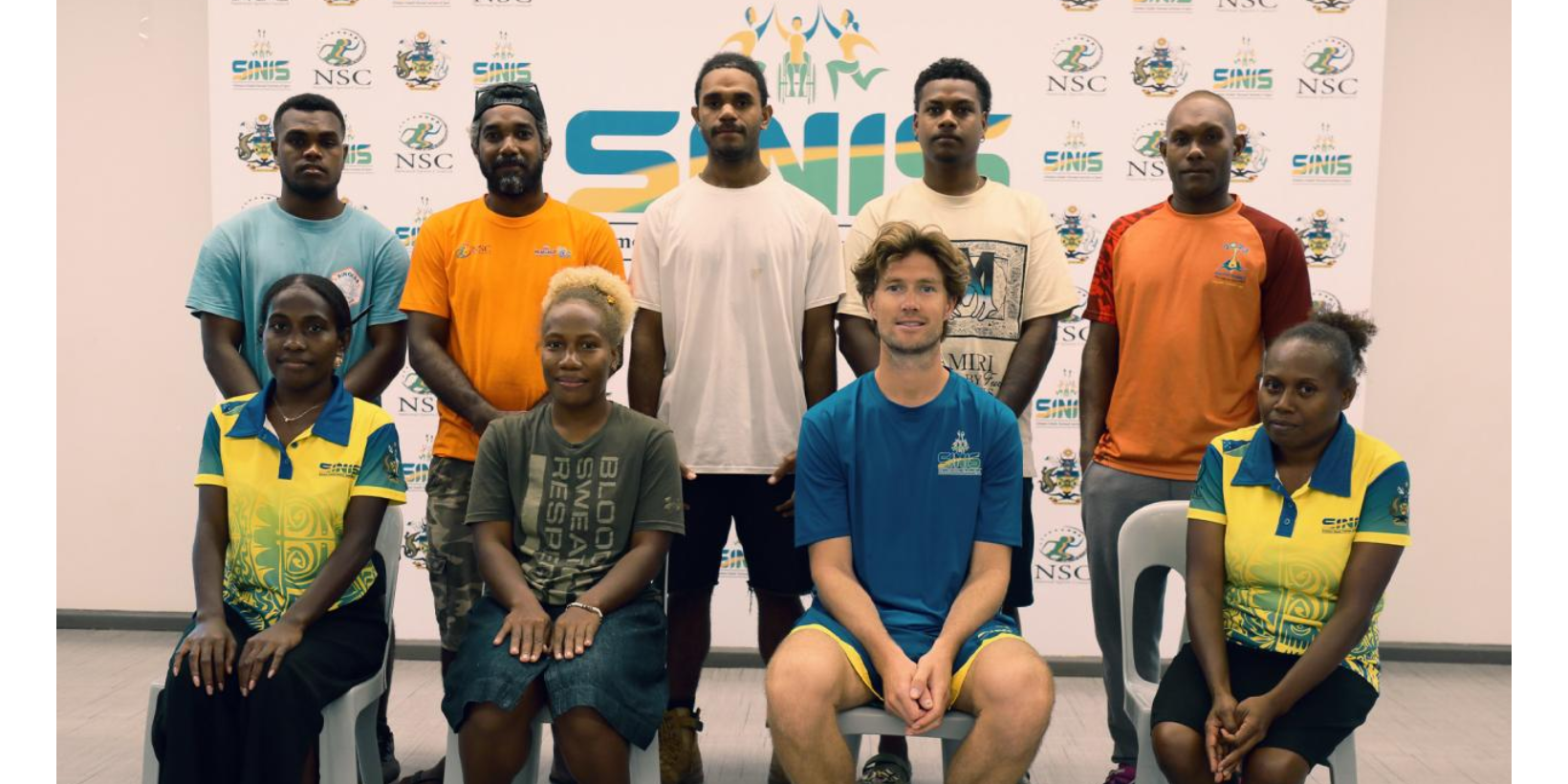The second intake of the Certificate in Sport Education Life Skills Course (SELSC) is currently underway at the Solomon Islands National Institution of Sport (SINIS) after it was officially commenced early this week.
According to SINIS, this marks another step forward in the joint effort by SINIS and the National Sports Council (NSC) to expand access to structured sport and life skills education for elite athletes.
The new group of participants have begun their first theory sessions on Tuesday from 3PM to 5PM, while the first intake continues with Module 2 of the program.
“This schedule forms part of SINIS and NSC’s continuing efforts to reach more elite athletes and strengthen their development both on and off the field.
The Certificate in Sport Education Life Skills course focuses on empowering athletes with essential personal development tools such as communication, self-management, goal setting, emotional regulation and leadership.
The first intake, which began its journey on October 21, successfully completed the theory module last Friday after four days of interactive sessions on Self-Management.
They now move into the practical phase, applying the life skills they have learned in real-life and sport-based activities running from October 27 to November 7, 2025.
SINIS Education Department officials expressed their pride in the growing participation and interest from the athlete community, emphasizing that the initiative plays a vital role in nurturing well-rounded athletes who are prepared for both competitive sport and life beyond the field.
“We are encouraged to see the enthusiasm from our first intake and now from the second group joining today,” said SINIS Sport Education Department Manager Atueta Balekana.
“This course is about more than just sport, it is about building resilience, confidence and skills that will benefit our athletes throughout their careers and beyond.”
The Certificate in Sport Education Life Skills course is part of SINIS and NSC’s broader vision to support athlete education and holistic development through structured learning programs aligned with international best practices.
By FLOYD TERRY JNR
Solomon Star, Honiara









